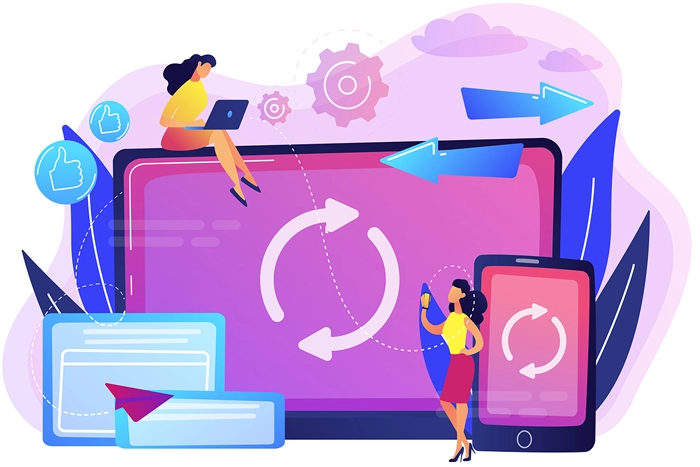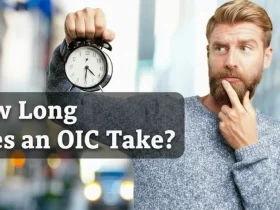
As competition intensifies, B2B companies—especially manufacturers—can no longer rely solely on traditional marketing methods. While print materials, trade shows, and in-person networking still have value, the digital landscape offers an opportunity to reach and engage potential customers more effectively. The shift to digital marketing is no longer a trend but a necessity, as buyers increasingly conduct research online before making purchasing decisions.
One of the biggest advantages of digital marketing is its ability to target specific audiences. Unlike mass print advertising, digital tools like Google Ads, LinkedIn campaigns, and email marketing enable companies to reach decision-makers at the right time in their buying journey. Manufacturers that embrace digital strategies can not only generate more leads but also nurture them with tailored content and personalized engagement.
SEO and Content Marketing: Building Trust and Authority
A key driver of digital success for B2B companies is content marketing. Buyers want solutions, not just products, which means that businesses need to educate and provide value through their marketing efforts. A well-executed content strategy—encompassing blog posts, case studies, whitepapers, and instructional videos—can position a company as an industry leader while improving its search engine rankings.
Search engine optimization (SEO) plays a crucial role in ensuring that content reaches the right audience. By optimizing product pages, blog articles, and landing pages with relevant keywords, manufacturers can increase their visibility on search engines like Google. This organic approach complements paid advertising efforts and can significantly improve inbound lead generation.
Leveraging Paid Advertising for Lead Generation
In addition to organic efforts, paid digital advertising has become an essential tool for B2B marketers. Google Ads allows manufacturers to place their products and services in front of highly targeted audiences, capturing interest at the moment of search intent. Similarly, LinkedIn Ads provide access to key decision-makers in specific industries, enabling highly precise lead generation.
However, paid advertising is only as effective as the strategy behind it. Simply running ads without a well-structured approach can lead to wasted budgets and disappointing results. Businesses must focus on optimizing their campaigns by:
- Defining clear objectives (brand awareness, lead generation, or sales)
- Using audience segmentation to target the right industries and roles
- Creating compelling ad creatives with strong calls to action
- Continuously analyzing and adjusting campaigns for better performance
The Power of Marketing Automation and CRM Integration
For B2B companies looking to scale their marketing efforts, automation tools and CRM (customer relationship management) systems are game-changers. Platforms like HubSpot, Marketo, and Salesforce allow businesses to automate lead nurturing, personalize email marketing, and track interactions with potential customers.
With marketing automation, manufacturers can guide prospects through the sales funnel by delivering relevant content based on user behavior. This ensures that potential customers receive the right information at the right time, increasing the likelihood of conversion.
Measuring Success: Data-Driven Marketing Decisions
One of the major benefits of digital marketing is its measurability. Unlike traditional methods where results can be difficult to track, digital campaigns provide real-time data that helps businesses understand what’s working and what’s not. Key performance indicators (KPIs) such as conversion rates, cost per lead (CPL), and return on investment (ROI) provide insights that can drive smarter marketing decisions.
By leveraging analytics tools like Google Analytics, heatmaps, and social media insights, companies can continuously refine their strategies to maximize results. Instead of relying on guesswork, B2B marketers now have access to data that can help optimize budgets, enhance engagement, and ultimately drive more revenue.
Conclusion: A New Era of B2B Marketing
For manufacturers and other B2B companies, the days of relying solely on print materials and word-of-mouth referrals are fading. The modern buyer expects a seamless digital experience, and businesses that fail to adapt risk losing market share to more digitally savvy competitors.
By embracing content marketing, SEO, paid advertising, automation, and data-driven decision-making, manufacturers can create a marketing strategy that not only attracts new customers but also nurtures long-term relationships. The key to success lies in a balanced approach—leveraging both traditional strengths and modern digital tactics to stay competitive in an ever-evolving marketplace.




